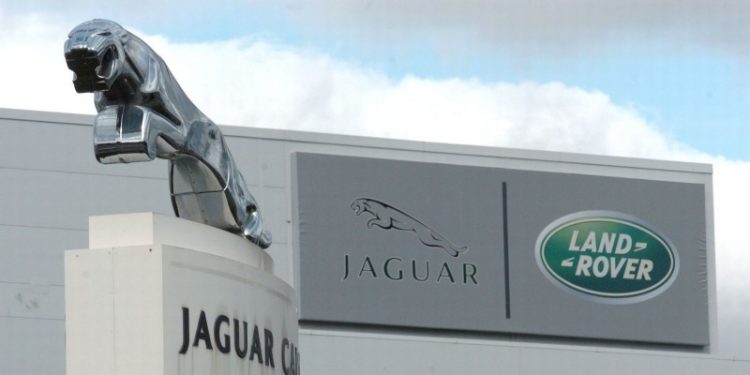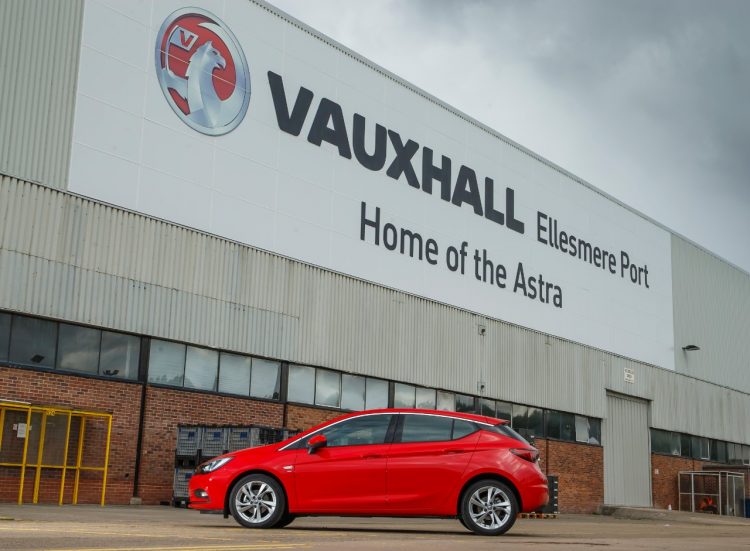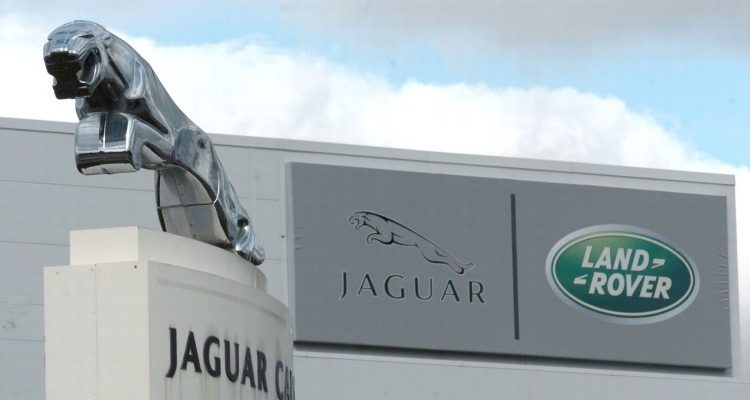Both JLR and PSA deny reports of an imminent deal for the carmaker which employs more than 4,000 people at Halewood in Merseyside. Tony McDonough reports

Carmaker Jaguar Land Rover (JLR) is denying media reports that it is about to be sold to PSA Group, the French owner of Peugeot.
Should such a deal materialise it would mean both of Liverpool city region’s car plants – JLR’s factory in Halewood and the Vauxhall site at Ellesmere Port – would come under the same ownership with total employee numbers of more than 5,000.
It has emerged that a so-called ‘post-sale integration document’ has been seen by senior executives at both companies, examining the potential benefits of a merger between the two automotive giants.
PSA, which owns the Peugeot, Citroen and Vauxhall brands, has said it is “open to all opportunities that would create value on a long-term basis” but denied any deal to acquire JLR was imminent.
JLR’s India-based owner, Tata Motors, also dismissed widespread reports of a deal, saying: “As a matter of policy, we do not comment on media speculation. But we can confirm there is no truth to these rumours.”
Significant sums
Tata acquired JLR from from US automaker Ford in 2008 in a deal worth more than £1bn and has invested significant sums in its UK operations since. It also operates two car assembly plants in the West Midlands.
Halewood has been a major beneficiary of that investment has seen seen models such as the Evoque, Freelander and Discovery Sport models come to the plant with employee numbers rising from 1,500 to more than 4,000 today.
In the last 12 months JLR has invested another £110m in the factory so it can assemble the new generation Evoque and production started earlier this years.
However, reports around the possible sale to PSA claim Tata has become increasingly frustrated with the company’s performance in recent times. In February it announced its biggest-ever quarterly loss after it was forced to write down the value of its investments by £3.1bn as Chinese demand fell.
Falling sales
In April it released full-year sales figures which showed total global sales in the year to March 31 of 578,915 vehicles – 5.8% down on the previous year, largely thanks to weaker demand in China where sales plummeted 34%. In Europe the fall was 4.5%.
On a brighter note, retail sales were up 8.1% in North America which marked its best ever full fiscal year and ninth consecutive year of growth. Volumes were also up 8.4% in the UK and 2.4% in overseas markets.
JLR said it was taking “decisive steps” to address the weaker Chinese market demand, including working with its local retailers to improve customer experience and create a sustainable model.
The company has begun its “transformation” programme which aims to achieve £2.5bn of cash and profit improvement by March 2020. In January the company confirmed it would reduce its global workforce by 4,500 people, starting with a voluntary redundancy programme in its UK operations.

Job losses
While the future of the Halewood plant is seen as fairly secure there has been much uncertainty over the prospects for the Vauxhall plan at Ellesmere Port where there have been significant job losses over the past year or so.
In November last year PSA announced a further 240 job cuts but said it was “committed” to avoiding compulsory redundancies. The company said at the time that a restructuring plan was necessary to make the plant more competitive.
PSA acquired the Opel and Vauxhall brands from General Motors Co for £1.9bn earlier last year to become the second-biggest carmaker in Europe by sales. Workers at Ellesmere Port producing around 140,000 Astras every year.
However, it is feared the factory could be vulnerable in the event of a hard Brexit and it may be that no decision on a takeover of JLR by PSA could be made until the UK’s Brexit position is clarified.

